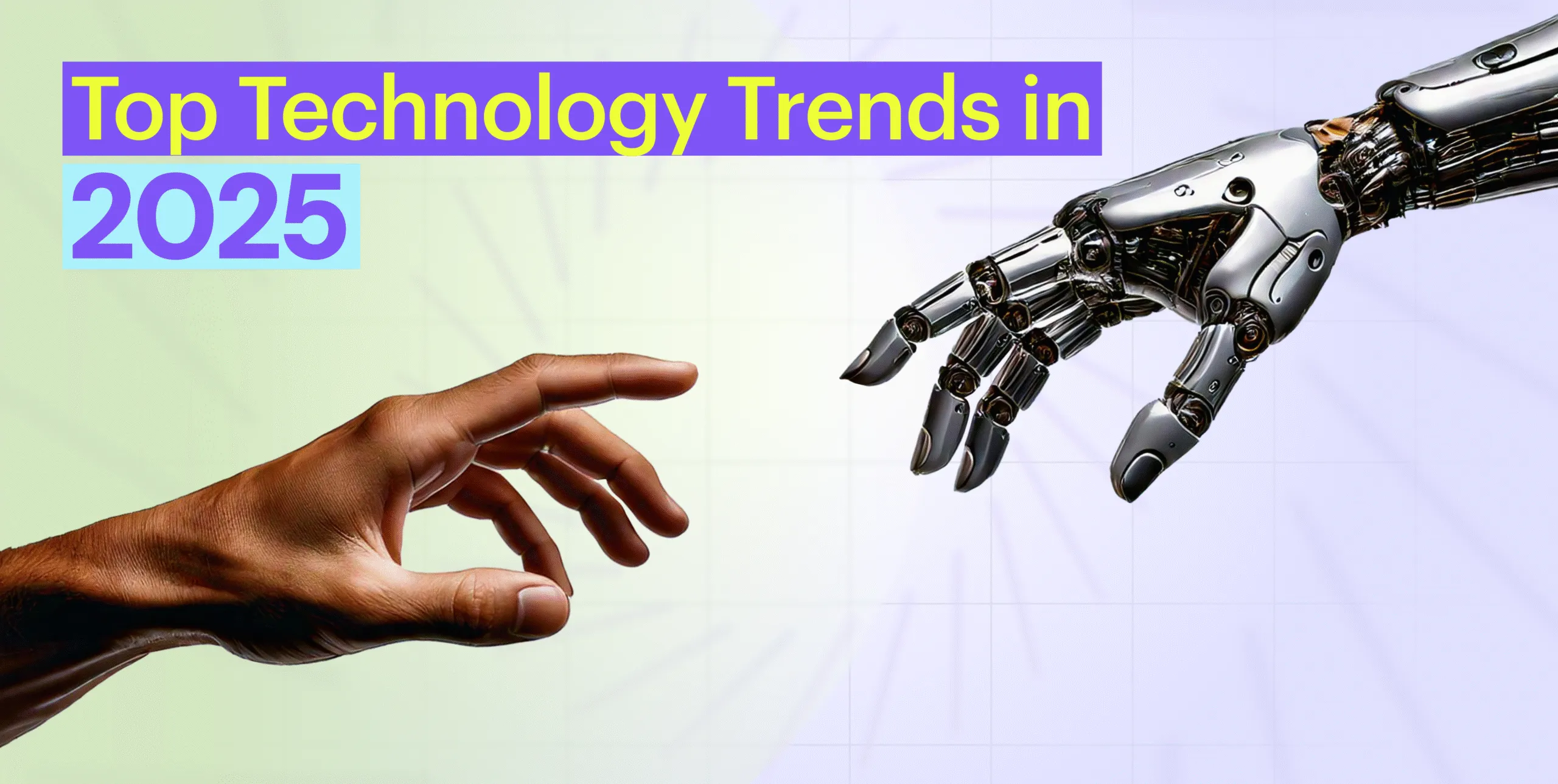✅ Introduction
Emerging Technologies 2025, we are living in a time where technology is advancing faster than ever before. Every year brings new inventions that change how we live, work, and communicate. The next decade promises to be even more transformative. From smarter computers to clean energy, and even editing human genes, the future is full of powerful innovations.
In this blog, we will explore the Top 5 Emerging Technologies 2025that are expected to play a major role in shaping the world over the next ten years. These technologies have the potential to improve healthcare, protect the environment, transform education, and much more.

https://www.ibm.com/cloud/learn/what-is-artificial-intelligence
Artificial Intelligence in 2025 – Revolutionary Real-World Uses That Impact Daily Life
Google AI Features 2025 – Groundbreaking New AI Innovations Transforming Daily Life and Work
✅ 1. Artificial Intelligence (AI) and Machine Learning (ML)
Explanation:
Emerging Technologies 2025, Artificial Intelligence refers to the ability of machines to perform tasks that normally require human intelligence. Machine Learning is a type of AI that enables systems to learn and improve automatically through experience.
Real-World Uses:
Virtual assistants like Siri and Alexa
Personalized recommendations on Netflix and Amazon
Chatbots used in customer service
Fraud detection systems in banking
Smart home automation
Future Impact:
Emerging Technologies 2025 AI will be a key driver in automation, helping industries save time, reduce costs, and improve decision-making. In the future, AI will become more ethical, explainable, and integrated into everyday life—from education to transportation and healthcare.
✅ 2. Quantum Computing
Explanation:
Quantum computing is a new form of computing that uses the principles of quantum physics. Unlike traditional computers that use bits (0 or 1), quantum computers use qubits, which can exist in multiple states at once, allowing for faster processing.
Real-World Uses:
Drug discovery and genetic research
Forecasting financial markets
Improving cybersecurity
Weather and climate modeling
Solving complex scientific problems
Future Impact:
Quantum computing could solve problems that current computers cannot, especially in medicine, science, and logistics. Although still developing, it has the potential to bring major advancements in every sector.
✅ 3. Gene Editing and Biotechnology (CRISPR)
Explanation:
Gene editing involves changing the DNA of living organisms. CRISPR is a powerful and precise tool that makes gene editing faster and more affordable.
Real-World Uses:
Correcting genetic disorders like sickle cell anemia
Developing disease-resistant crops
Growing lab-made organs for transplants
Producing personalized treatments for patients
Future Impact:
Gene editing can transform healthcare by preventing and curing diseases at the DNA level. It can also help improve food supply and reduce environmental damage in agriculture. However, ethical concerns and responsible use will be very important.
✅ 4. Extended Reality (XR): AR, VR, and MR
Explanation:
Extended Reality (XR) includes Augmented Reality (AR), Virtual Reality (VR), and Mixed Reality (MR). These technologies create immersive digital experiences that blend the virtual and real world.
Real-World Uses:
Virtual classrooms and online training
Virtual home tours for real estate
Online shopping with AR try-ons
Entertainment and gaming
Remote collaboration and team meetings
Future Impact:
As devices become more affordable and internet speed improves, XR will be widely used in education, business, healthcare, and entertainment. It will also be a key part of the metaverse, where people can interact in virtual spaces.
✅ 5. Clean Energy and Green Technologies
Explanation:
Clean energy comes from renewable sources like the sun, wind, water, and hydrogen. Green technology includes tools and systems that reduce pollution and help protect the environment.
Real-World Uses:
Solar panels and wind turbines
Electric vehicles and charging stations
Smart energy grids for homes and cities
Battery storage systems
Carbon capture and recycling solutions
Future Impact:
Emerging Technologies 2025 with global warming and environmental concerns rising, clean energy is more important than ever. It helps reduce carbon emissions and supports sustainable growth. Governments and businesses worldwide are investing heavily in clean energy for a better future.
✅ Summary Table
| Technology | Description | Key Benefits |
|---|---|---|
| AI & ML | Smart systems that learn and adapt | Faster decisions, automation, personalization |
| Quantum Computing | Ultra-fast computing using quantum theory | Solves complex problems in seconds |
| Gene Editing (CRISPR) | Modifying DNA to prevent/treat diseases | Better health, stronger crops |
| Extended Reality (XR) | Real and virtual world integration | Training, remote work, immersive learning |
| Clean Energy & Green Tech | Renewable, sustainable solutions | Eco-friendly, reduces carbon footprint |
✅ Conclusion
These five emerging technologies—Emerging Technologies 2025 AI, Quantum Computing, Gene Editing, Extended Reality, and Clean Energy—will be key drivers of change in the next decade. They are already shaping our world, and their impact will only grow.
For students, professionals, businesses, and innovators, understanding and adapting to these technologies is essential. They are not just trends—they are the building blocks of our future Emerging Technologies 2025.
